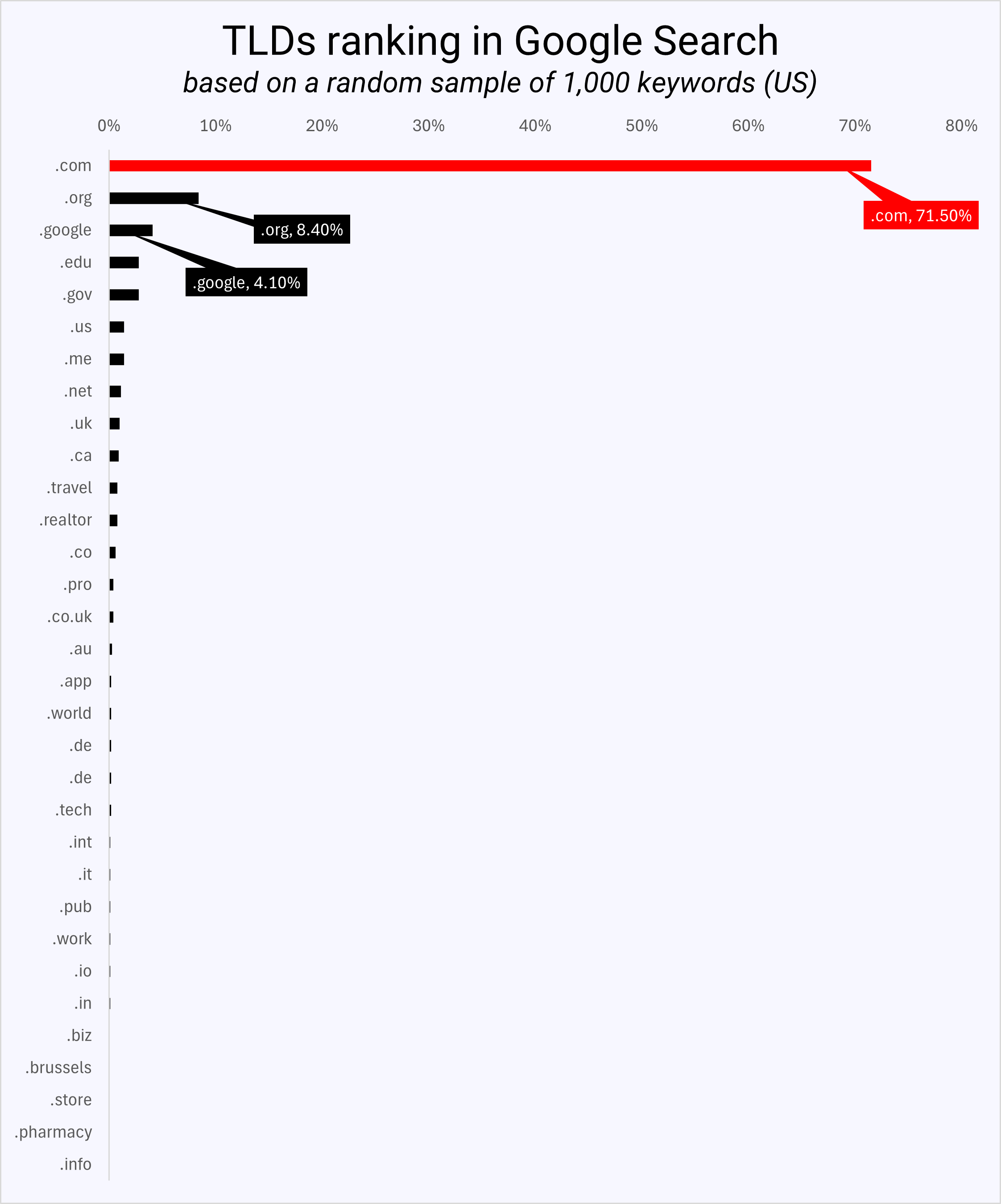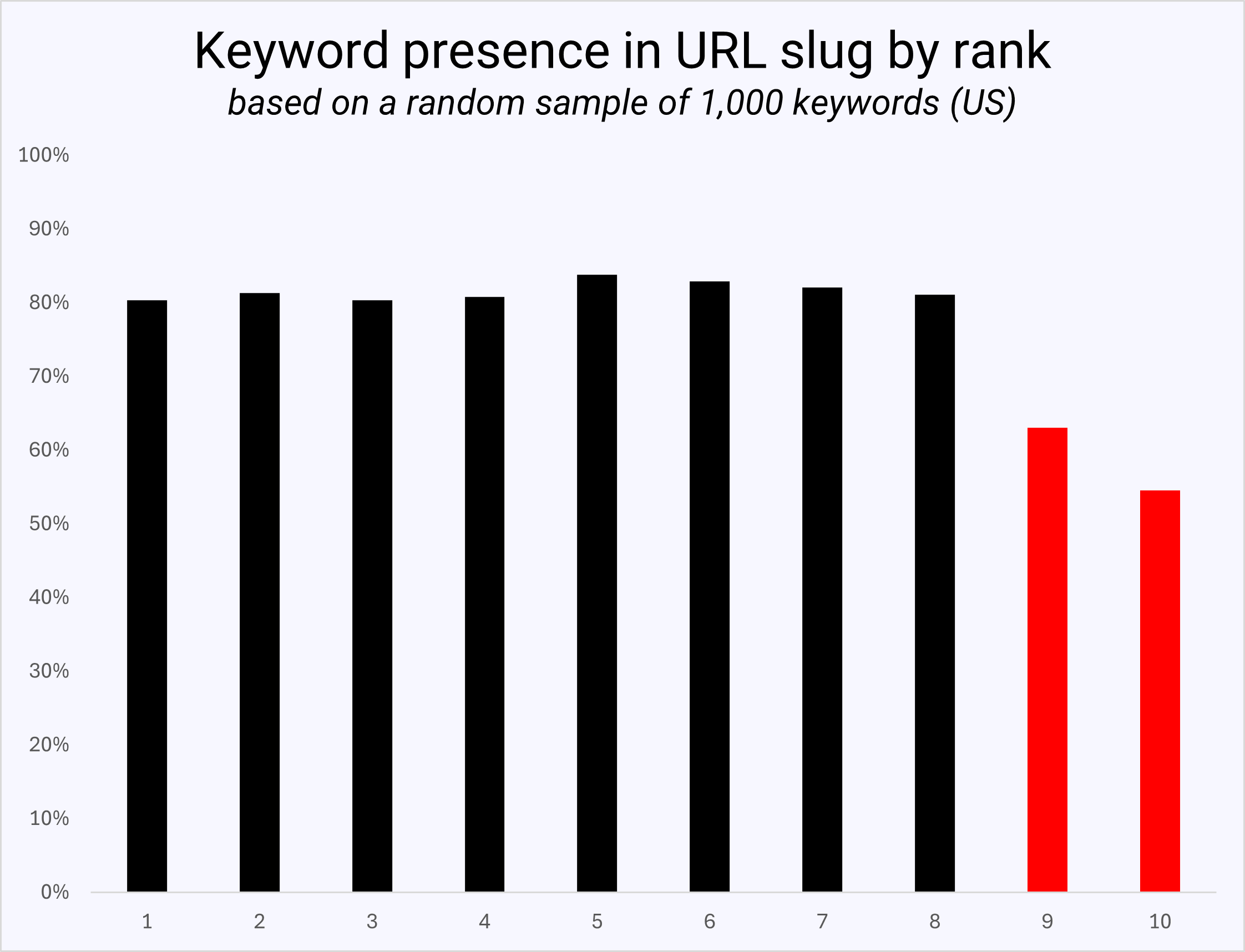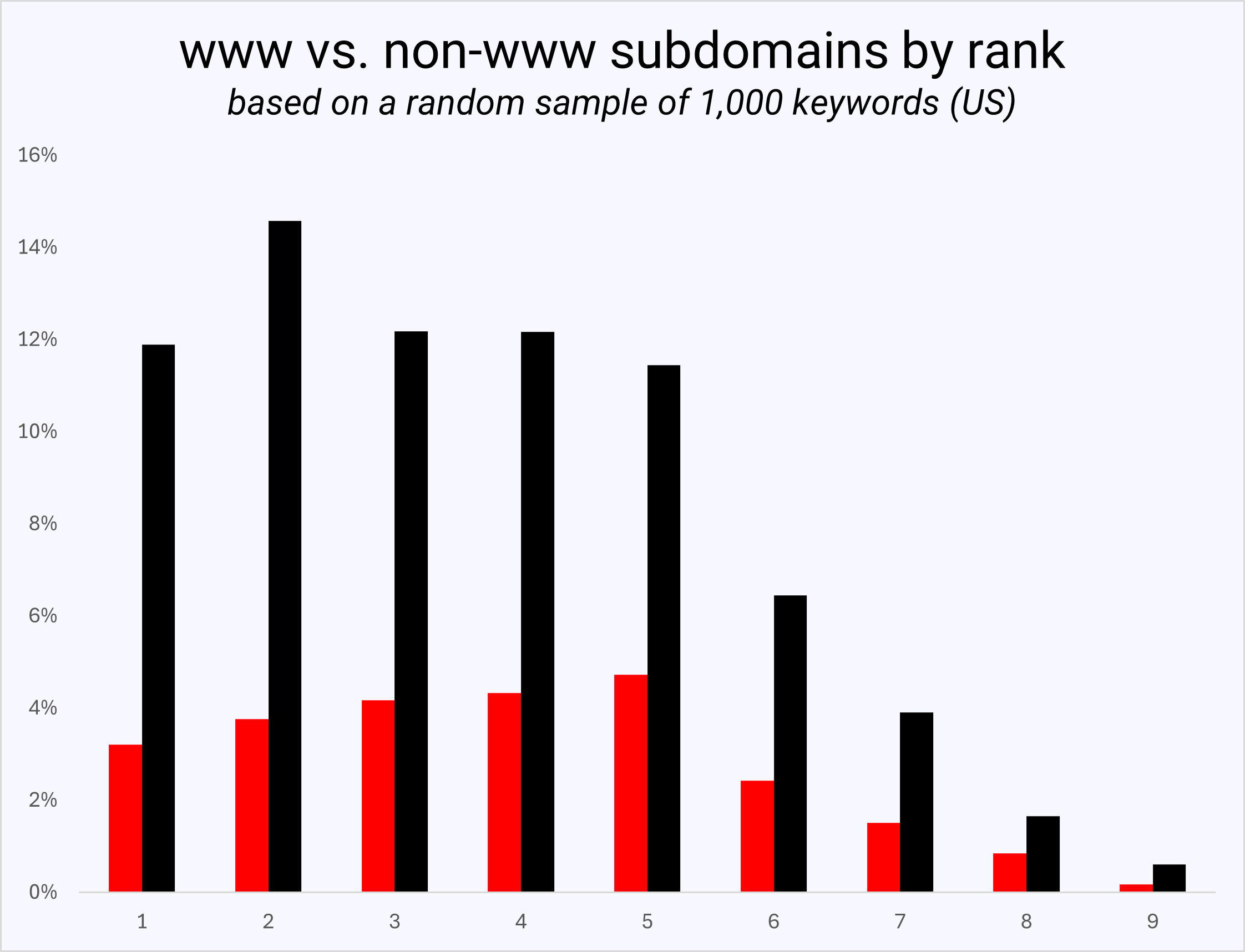
Since the Times Of India quadrupled its organic growth in the US in 12 months, more ccTLDs (international domains) have been spotted ranking in the US.
More international domains would make sense as Google is testing country labels indicating where the site operates.
Google has also expanded Translated Results:
Translated Results is a Google Search feature that will automatically translate the title link and meta description into the local language of a user, making a website published in one language available to a searcher in another language. If the searcher clicks on the link of a translated result the web page itself will also be automatically translated.
Maybe Google wants more international domains in US Search? If a site in English from another country is a better result in an English-speaking country, why not rank it?
International domains might be most relevant when the location matters less.
For example, publishers could rank in other countries with the same language, but SaaS or ecommerce companies that don’t sell in that specific country would not be a good result. As a result, the playing field for “foreign” domains would grow.
Boost your skills with Growth Memo’s weekly expert insights. Subscribe for free!
Do More ccTLDs Rank In The US?
I picked 1,000 random keywords from a large pool of queries across travel, ecommerce, publishing, SaaS, services, finance, health, and other verticals.





